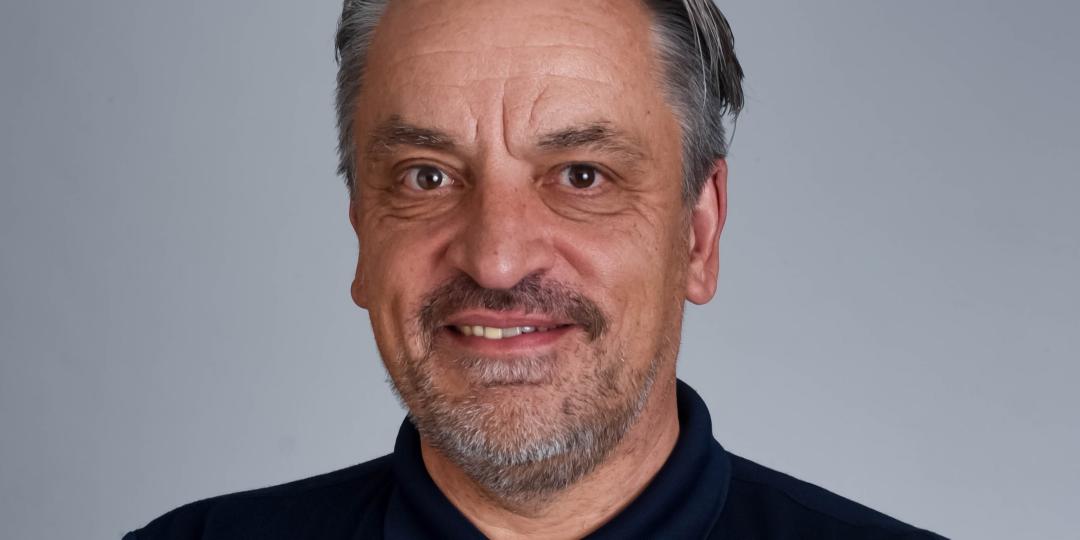ANEW Hotels & Resorts Operations Director, Kevin Burley, reflects on the resilience and unity of South Africans during some of the most challenging times.
September marks Heritage Month; a month set aside to celebrate our nation’s diverse culture and heritage. It is a time when the Government calls on all South Africans to foster social cohesion, nation-building and a shared national identity.
ANEW Hotels & Resorts, launched from a family business originating in 1952, is a brand known for having a culture driven around its solid values and its heritage deep-rooted in South Africa. According to Burley, ANEW developed because of the people in the business, with courage, passion and a true calling to something more.
“We started as a family business, and I think it’s a privilege for us all to work in an organisation that values its people. Despite being a growing business, the one thing that I’m really proud of is the culture of togetherness and respect we have created.”
Unity during trying times
Burley reveals that the company decided to have only a handful of staff members at each of its KwaZulu Natal properties to keep it going during the height of the pandemic, including a general manager, a chef and a maintenance worker. “We did get some essential service business and a few rooms for people needing to isolate. We wanted to be ready for any doctors or essential workers who needed accommodation.”
In fact, he mentioned that he was most impressed by the ‘roll up your sleeves and get the job done’ attitude of all staff members. “My team showed great character during our most difficult times. Our HR manager and I were handing out food parcels. Many staff members were cutting lawns, cleaning pools, sweeping leaves, and cleaning windows to ensure that we maintained our hotel standards, even during the lockdown.”
“We had accountants cleaning hotel rooms, waiters making beds, and receptionists helping with room service. With a smaller staff complement, everybody banded together to get things done. There was a real spirit of working together. We really are one big family, and I think that’s been our success.”
“Just like the rest of South Africa and the world, our business has experienced loss, and our people are hurting. But our aim is to help them get better. It comes back to my permanent message that we are a family, and those values drive our culture. As long as you respect those values, you’re welcome to be part of the family.”

A culture of resilience
Burley, who has been living in South Africa since 2004, makes sure to acknowledge the history of the country and just how far we have come. “One thing that never ceases to amaze me is just how resilient South Africans are. There have been tough times for everybody, and I think the great thing about this country is we come together and we fix problems.”
He also mentions how the recent looting in KwaZulu Natal and Gauteng brought communities together. “It was positive to see security guards, residents and taxi drivers coming together to look after the community. It was a time when our rainbow nation were all out on the streets, cleaning up and helping each other move forward. That’s what the spirit of this country is all about.”
Burley has run the Comrades Marathon a few times and often compares the race to Heritage Day. “You’re at the starting line with 20 000 people from all walks of life. No one cares about the type of job you have. No one asks about your religion. No one looks at the colour of your skin. If somebody falls, we help them up. If somebody needs a drink, we give them water. Much like Heritage Day, it is truly a time when South Africans come together as one.”
He also recalls some of the most inspiring moments in our recent history – the Football World Cup and winning the Rugby World Cup – where people of all ages, races and cultures joined together to celebrate our success. “There’s so much beauty in people just celebrating together.
“With every country, there are good and bad elements. In South Africa, our good element is that when we shine, it is just so beautiful,” he concludes.






















